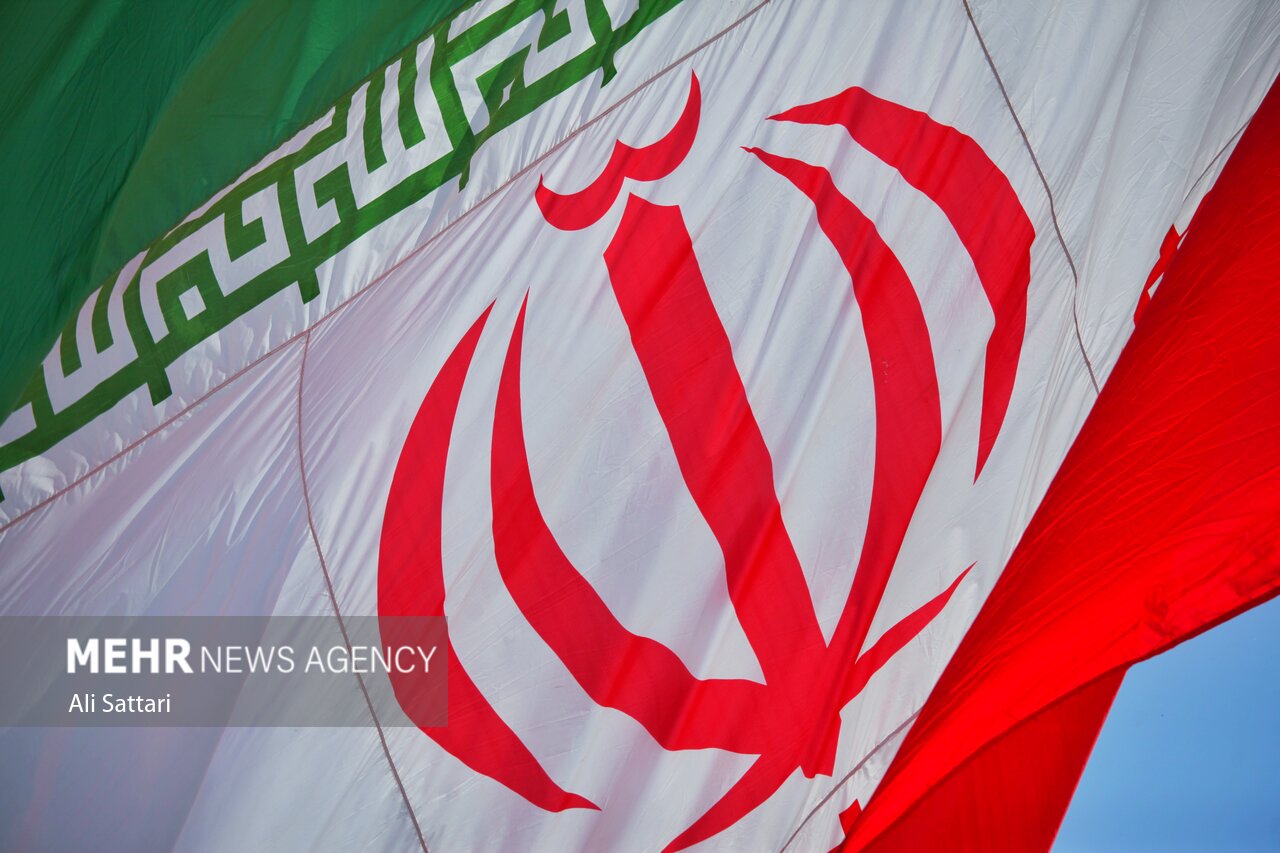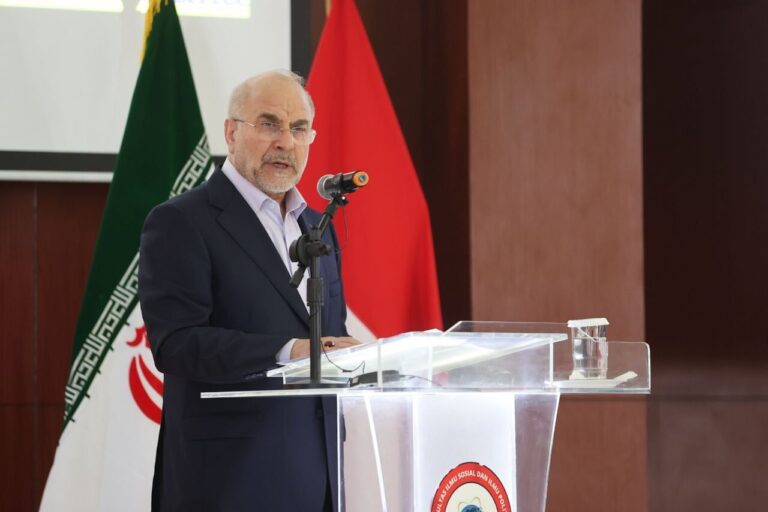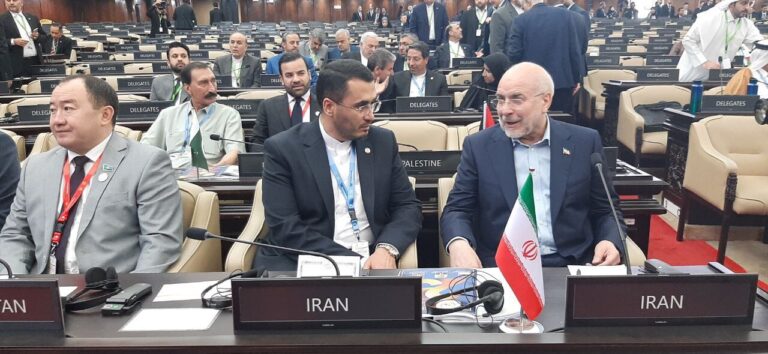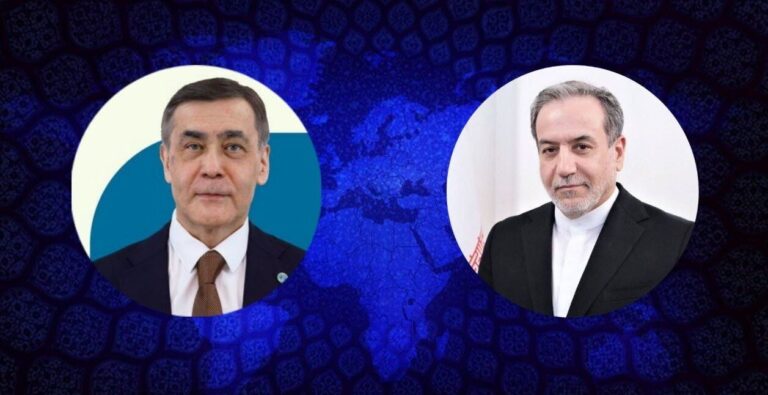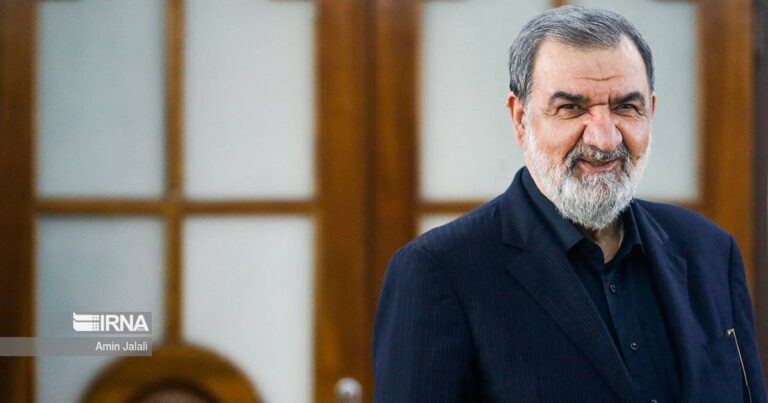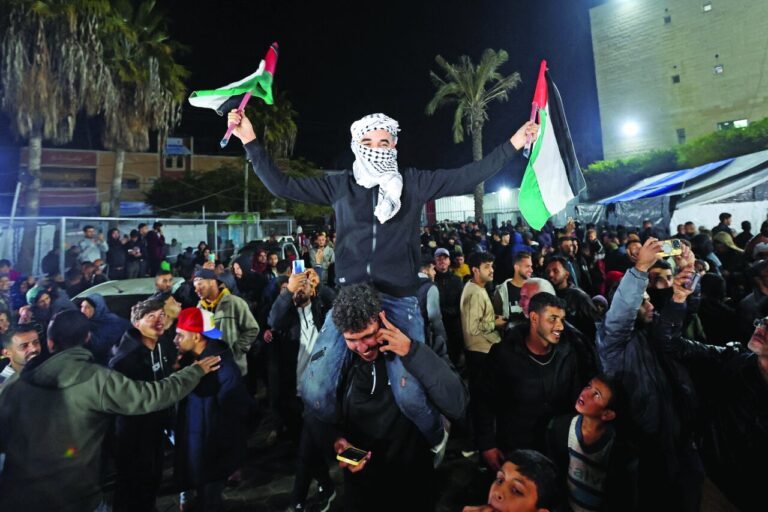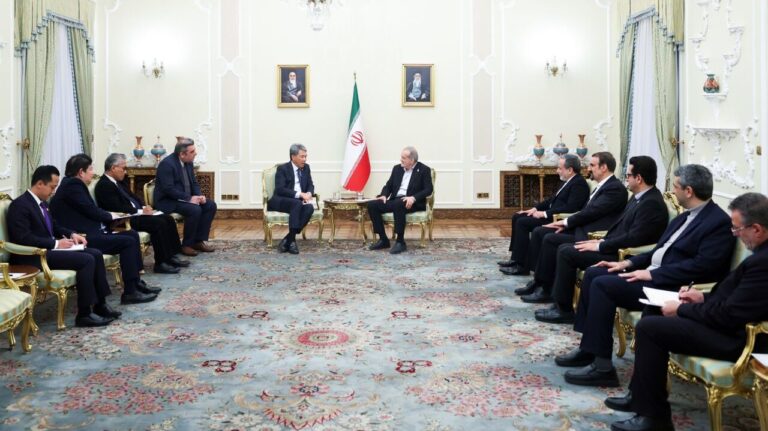Iran Stands Firm: Resisting US Pressure Amid Betrayal and Threats
In recent years, the United States has shown itself to be unreliable regarding international agreements and has frequently employed hostile policies and unjust sanctions to pressure Iran. This behavior includes a unilateral withdrawal from the JCPOA, military threats, and overt aggression, all aimed at forcing Iran into submission. However, the Islamic Republic of Iran has consistently demonstrated its resilience and commitment to its legal rights, asserting that any diplomatic solution requires the US to respect the Iranian nation’s rights.
The JCPOA: A Broken Agreement
The Joint Comprehensive Plan of Action (JCPOA) was a significant agreement reached after extensive negotiations between Iran and world powers, indicating Iran’s willingness for constructive and transparent engagement. Unfortunately, in 2018, the United States, under President Trump’s administration, unilaterally withdrew from the agreement, thereby violating its commitments. This action highlighted the US’s tendency to disregard agreements unless they align with its interests.
While Iran adhered to its obligations under the JCPOA, the US reinstated sanctions and attempted to exert economic pressure. Rather than succumbing to these tactics, Tehran took steps to reduce its commitments under the JCPOA, showcasing its determination to resist hegemonic policies.
Communication Between Washington and Tehran
Following the US’s exit from the JCPOA, the Trump administration implemented a maximum pressure strategy aimed at crippling Iran. However, this initiative failed to achieve its goals and only served to deepen mistrust between the two nations. The US’s continuous threats, severe sanctions, assassinations of Iranian officials, and support for rebel factions exemplified its hostile actions against Tehran.
Despite these challenges, Iran has remained steadfast. Iranian officials have emphasized that if the US desires negotiations, it must approach the Iranian nation with respect rather than threats.
In early March, President Trump indicated that he had sent a letter to Tehran expressing hope for negotiations. He claimed, “I said I hope you’re going to negotiate, because it’s going to be a lot better for Iran,” during an interview with Fox Business Network.
Shortly after, Anwar Gargash, the Diplomatic Advisor to the UAE President, delivered Trump’s letter to Iranian Foreign Minister Abbas Araghchi. The contents of Trump’s letter have not been disclosed publicly.
Upon receiving the letter, Araghchi stated that Tehran would not engage in direct talks with the US unless it guaranteed a threat-free dialogue. He reiterated Iran’s willingness to negotiate based on principles of honor, wisdom, and expediency.
On March 28, Iran’s foreign minister confirmed that they had sent a response to Trump’s letter through Oman, reiterating Iran’s firm stance against direct negotiations under the pressure of threats. While direct talks were off the table, he indicated that indirect negotiations, similar to those in previous administrations, could continue.
Additionally, in a phone conversation with British Foreign Secretary David Lammy, Araghchi reiterated Iran’s openness to diplomatic engagement concerning its peaceful nuclear program while asserting that direct negotiations under “maximum pressure” and “military threats” were futile.
Iran’s Stance on Indirect Talks
On March 30, Iranian President Masoud Pezeshkian confirmed that the option for indirect discussions with the US remained open. He clarified that while direct negotiations were dismissed, indirect talks were still a possibility. “As we have stated before, Iran has never closed the channels of indirect communication,” he said, adding that US violations of previous agreements had hindered progress.
Ali Shamkhani, a senior advisor to Iran’s Supreme Leader, pointed out that the US has pursued a multi-layered strategy against Iran since the 1979 Islamic Revolution. He noted that Iran is fully aware of this ongoing tactic and has consistently resisted external pressures.
Shamkhani emphasized that Iran’s resilience would not be compromised by threats, stating that indirect dialogues with the US have been a longstanding practice. He reiterated that Iran is prepared for such discussions, provided they occur on equal terms.
US Threats vs. Diplomatic Efforts
On the same day Iran expressed its readiness for indirect negotiations, President Trump took a confrontational stance, threatening bombings and renewed sanctions against Iran, showcasing Washington’s preference for intimidation over diplomacy. In a phone interview with NBC News, Trump stated, “If they don’t make a deal, there will be bombing,” and warned of reinstating sanctions if negotiations failed.
These threats elicited strong responses from Iranian officials. Supreme Leader Ayatollah Seyyed Ali Khamenei emphasized that any hostile actions against Iran would provoke a robust response, reiterating the nation’s resolve against external aggression.
Military Readiness and Regional Stability
Iran’s military leaders have also voiced their commitment to safeguarding the nation’s interests. Brigadier General Amir Ali Hajizadeh, commander of the IRGC’s Aerospace Division, stressed that the US forces in the region should exercise caution, warning that they are vulnerable. “The Americans have 10 military bases in the region, particularly around Iran, and 50,000 troops based there,” he noted.
In the event of military action by the US, Iran is prepared to respond decisively. Rear Admiral Alireza Tangsiri, commander of the IRGC Navy, reaffirmed the country’s military capabilities, asserting that Iran would retaliate against any aggression. “We have the capability to strike all enemy bases, wherever they may be,” he added.
Iran’s Nuclear Program: Peaceful and Legal
Despite persistent Western allegations, Iran maintains that its nuclear program is peaceful and under the supervision of the International Atomic Energy Agency (IAEA). The Islamic Republic asserts that every nation has the right to use nuclear energy for peaceful purposes and emphasizes the transparency of its nuclear activities.
Iranian officials have reiterated that any potential agreement with the US must respect Iran’s rights and abandon hegemonic policies. It is evident that US strategies towards Iran are rooted in delusion and arrogance, as Iranian leaders have consistently stated that the Islamic Republic will not compromise its legal rights under any form of pressure, including threats or sanctions.
As the situation unfolds, it remains clear that Iran’s response to threats will be swift and resolute, emphasizing its commitment to defending its sovereignty and rights.
